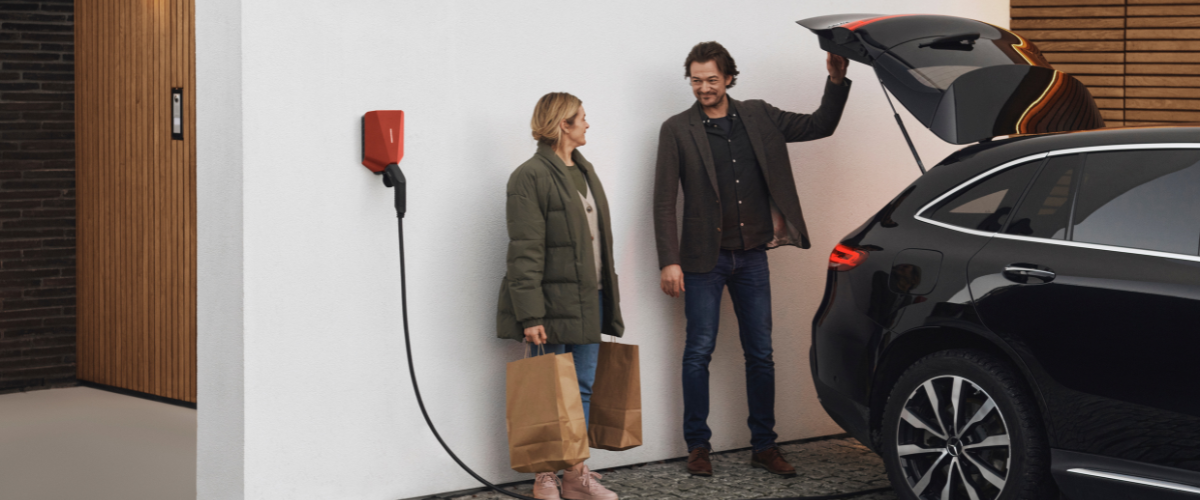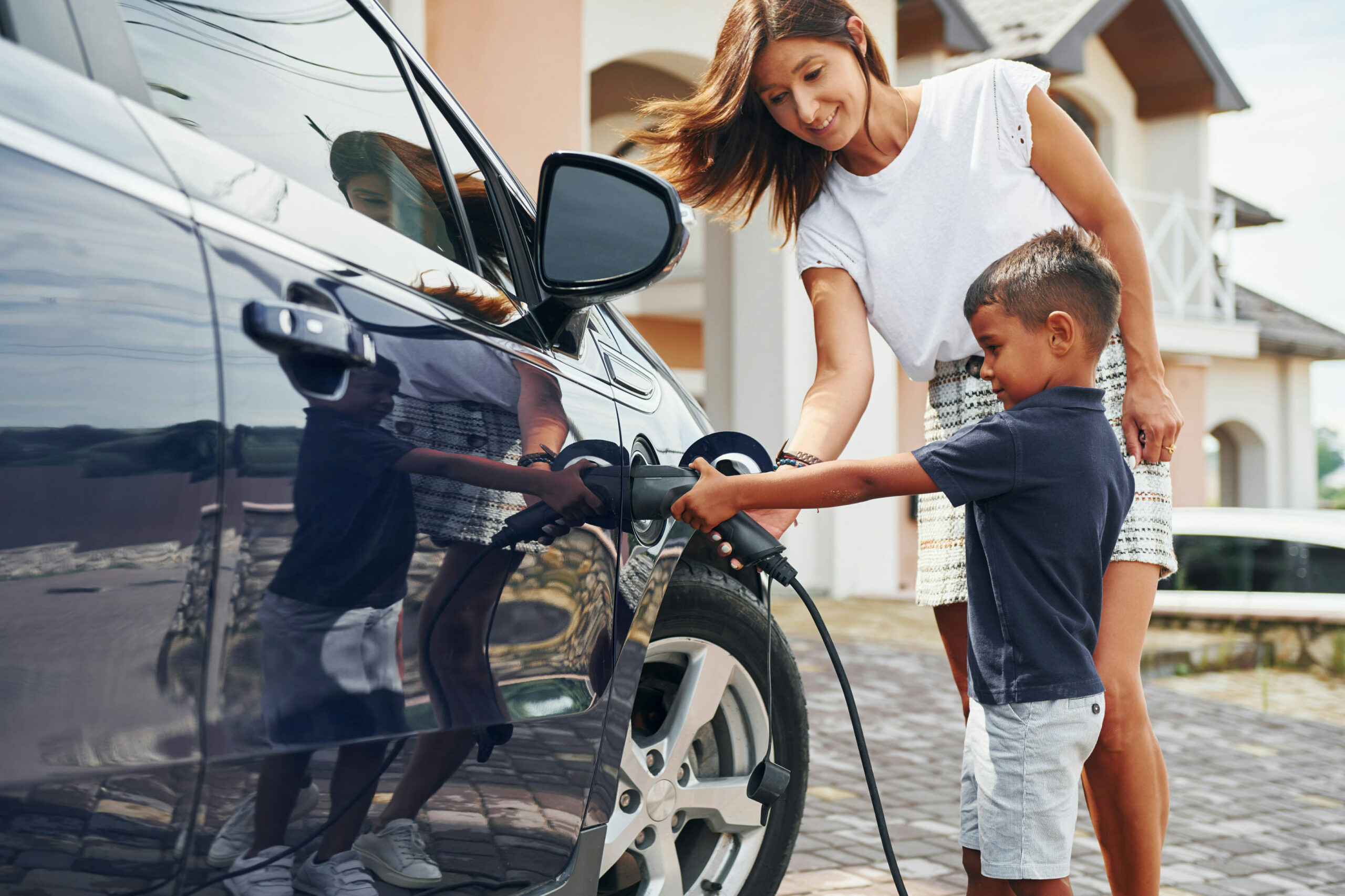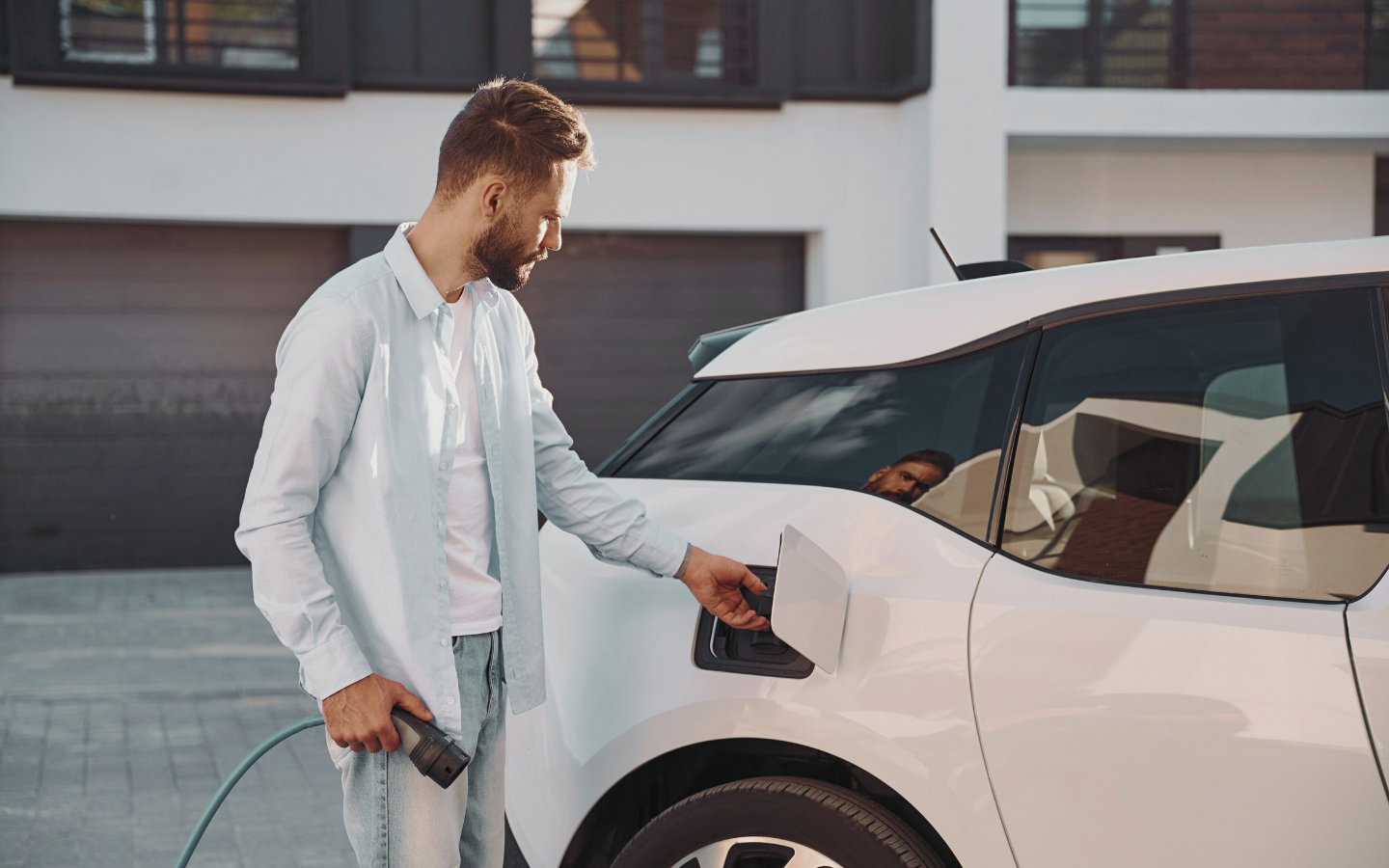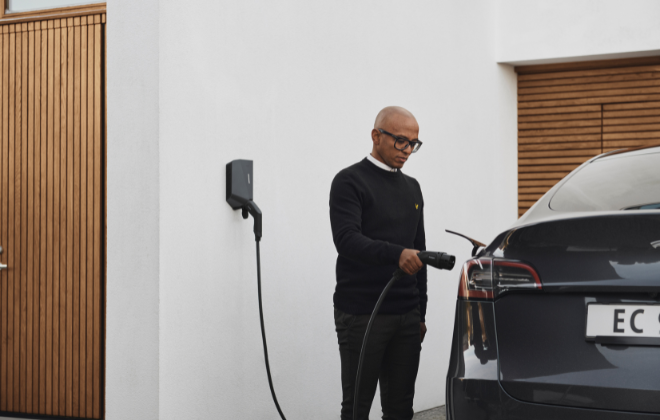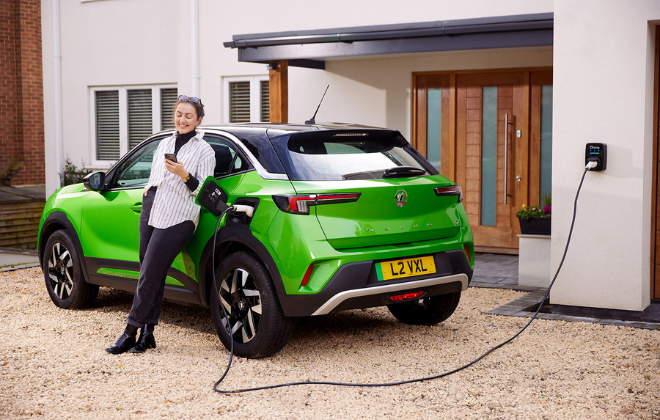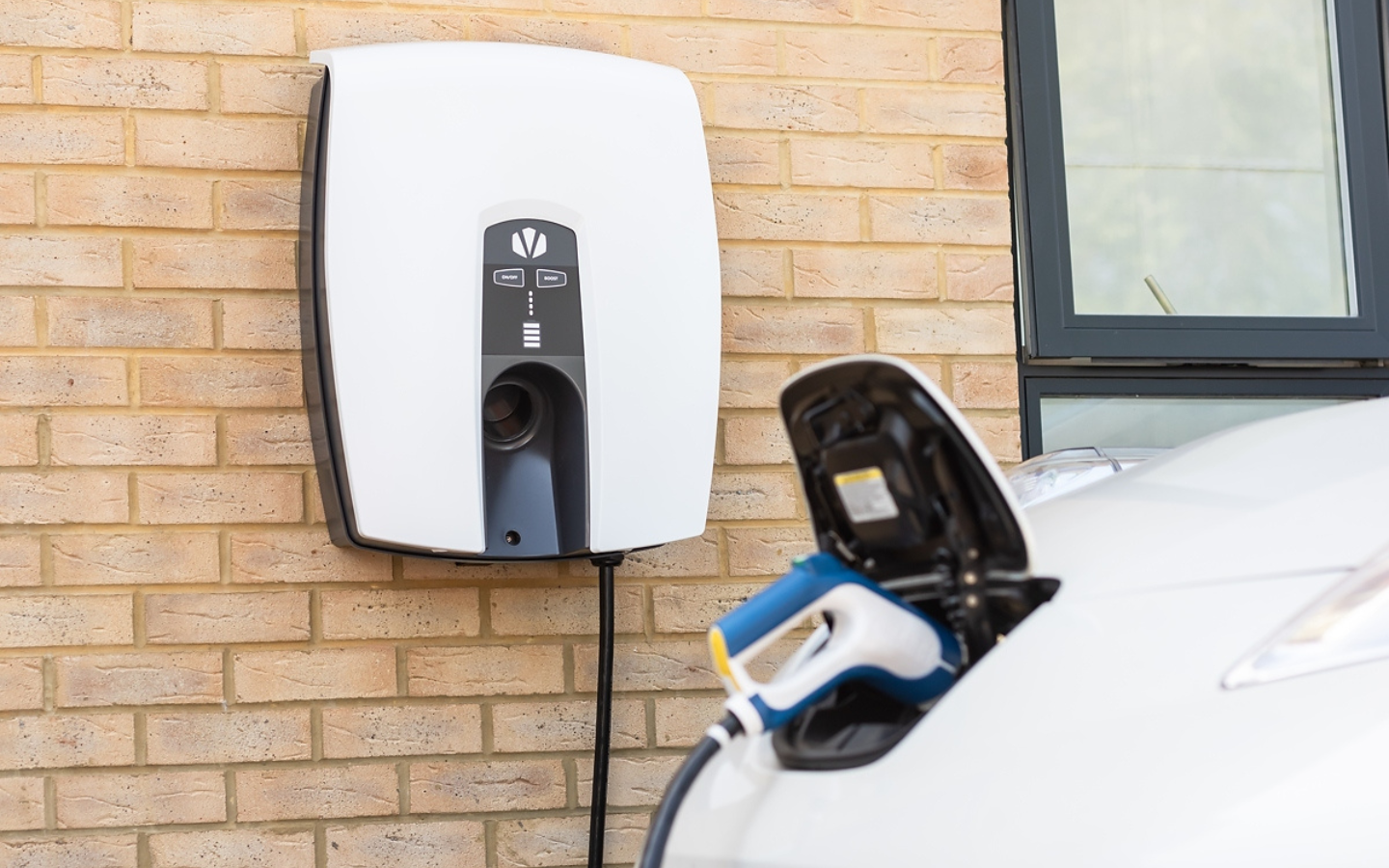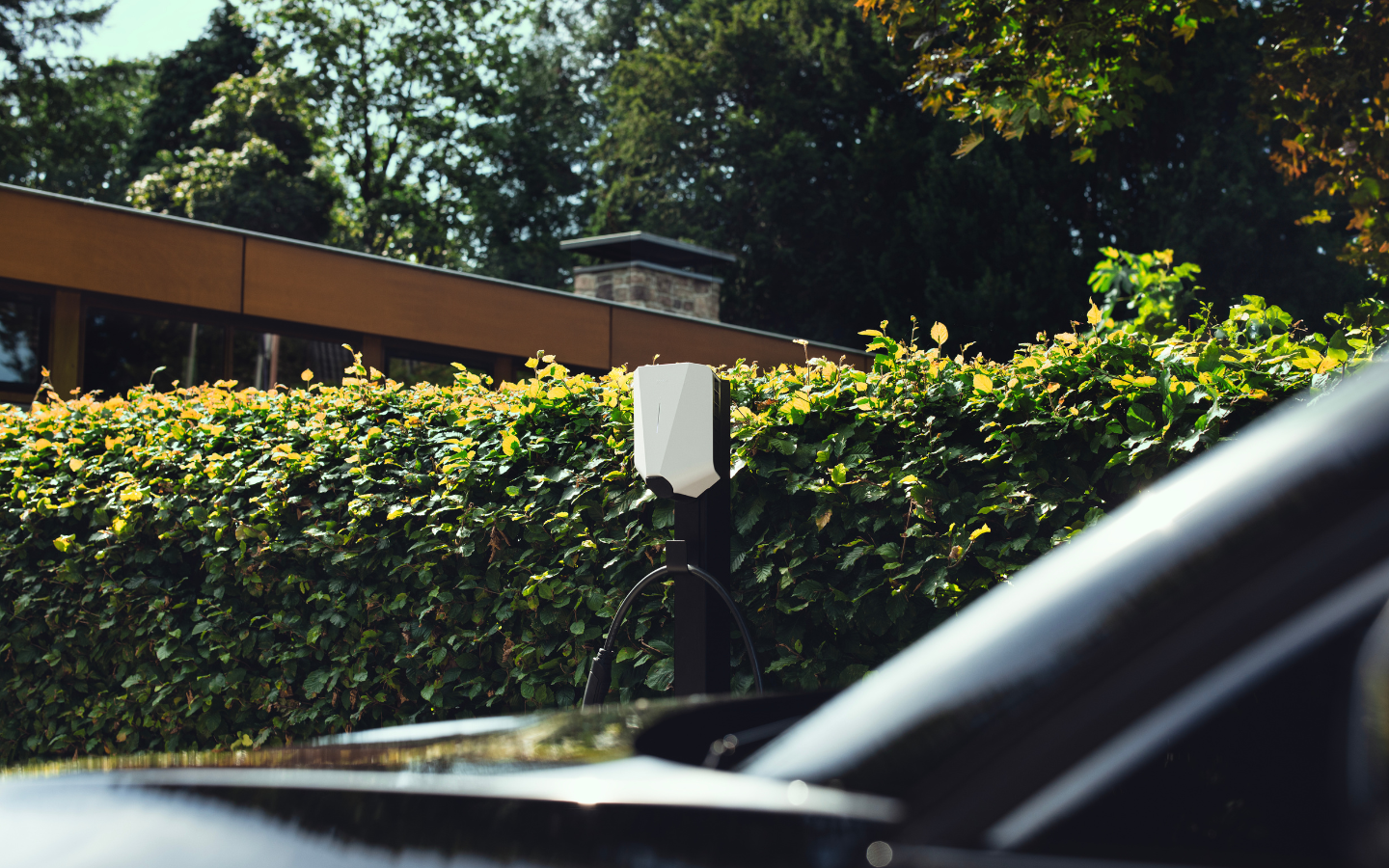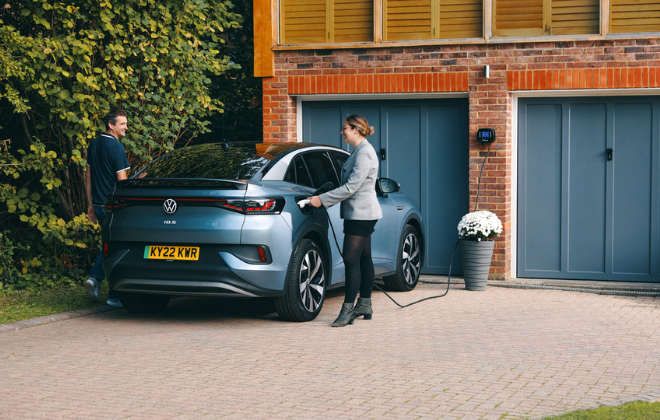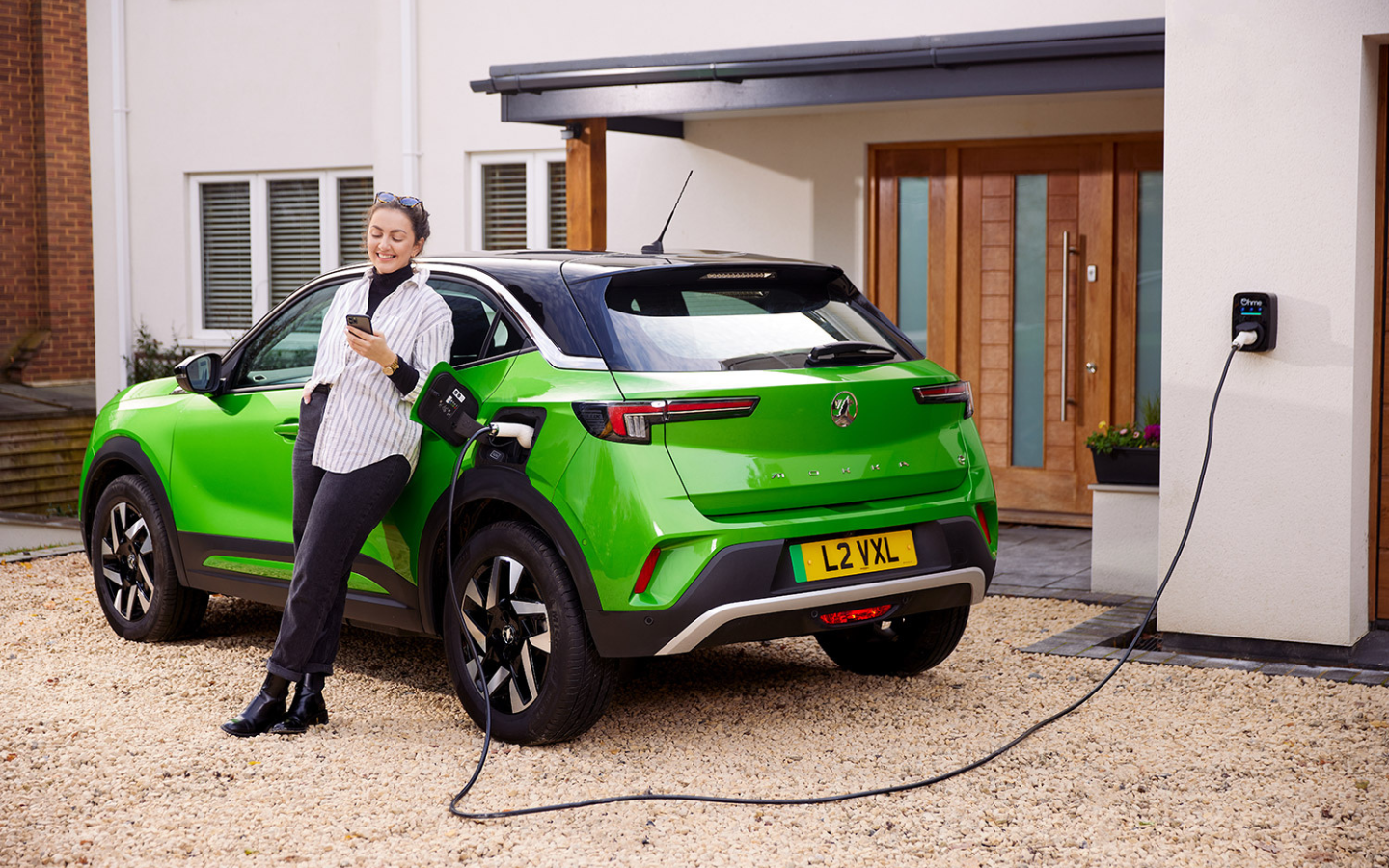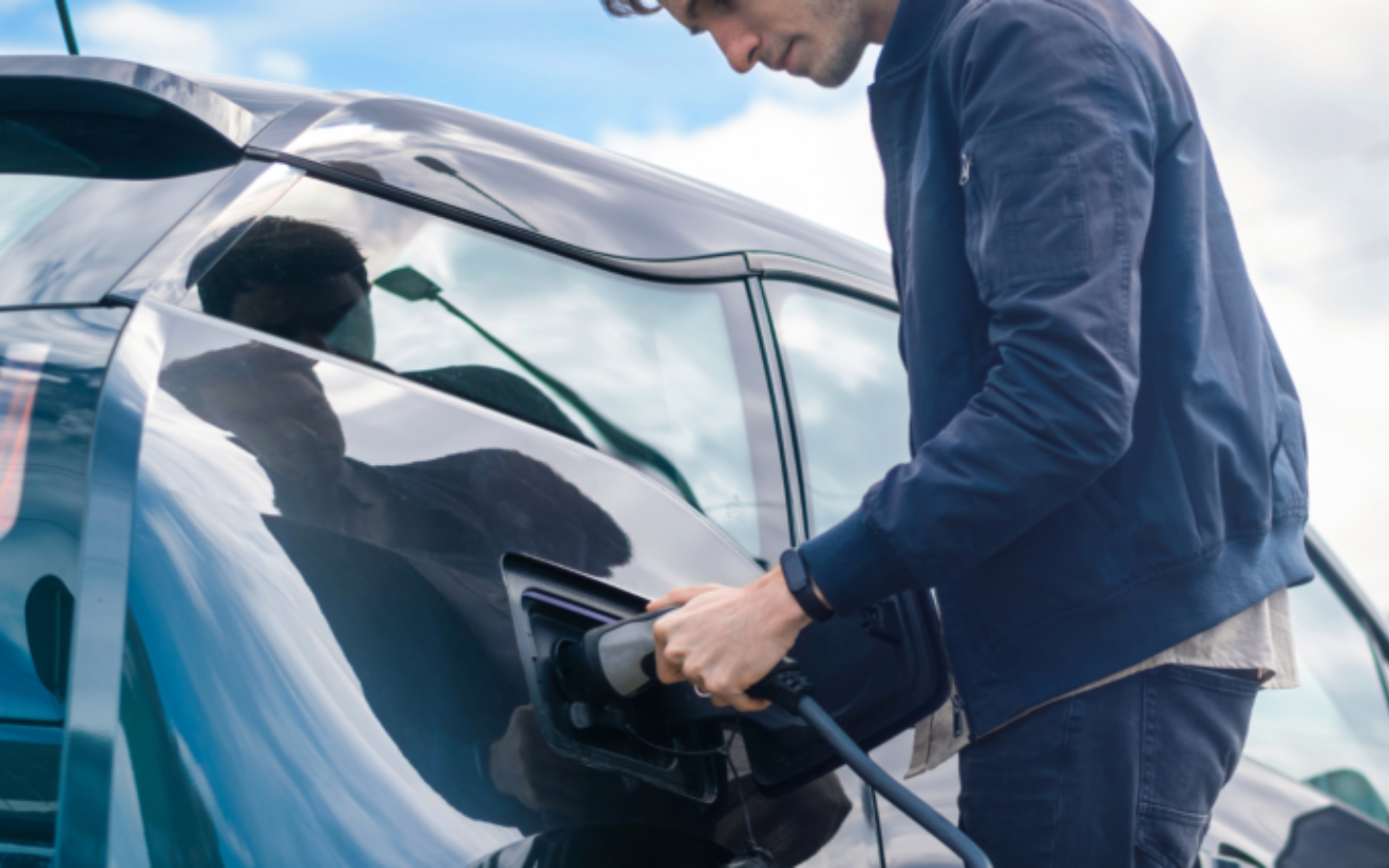

Slow, Fast and Rapid EV Charging Explained
Slow, fast and rapid EV chargers – EV charging speeds explained.
Did you know that there are three different ways to charge your electric vehicle? Using slow, fast and rapid EV chargers.
But what is the difference between slow EV chargers, fast EV chargers and rapid EV chargers?
In this blog, we’ll explain the different types of electric car charging speeds, where you would usually find them, how long it would typically take to charge an EV, as well as give you our recommendation on which is best.
Slow EV charging
A slow EV charger typically operates between 2.3kW to 3.6kW and uses AC (alternating current from the national grid) to provide power to your EV. Slow chargers come in the form of 3-pin plug EV chargers – sometimes called granny chargers – or dedicated 3.6kW EV chargers installed on your property.
Typically, you will find slow chargers in homes, or in some rare cases, in the workplace, where companies have not yet invested in a dedicated EV charging point. Although, they are missing out on key advantages by not doing so, and nearly £30,000 of government grant funding to help introduce business EV charging infrastructure.
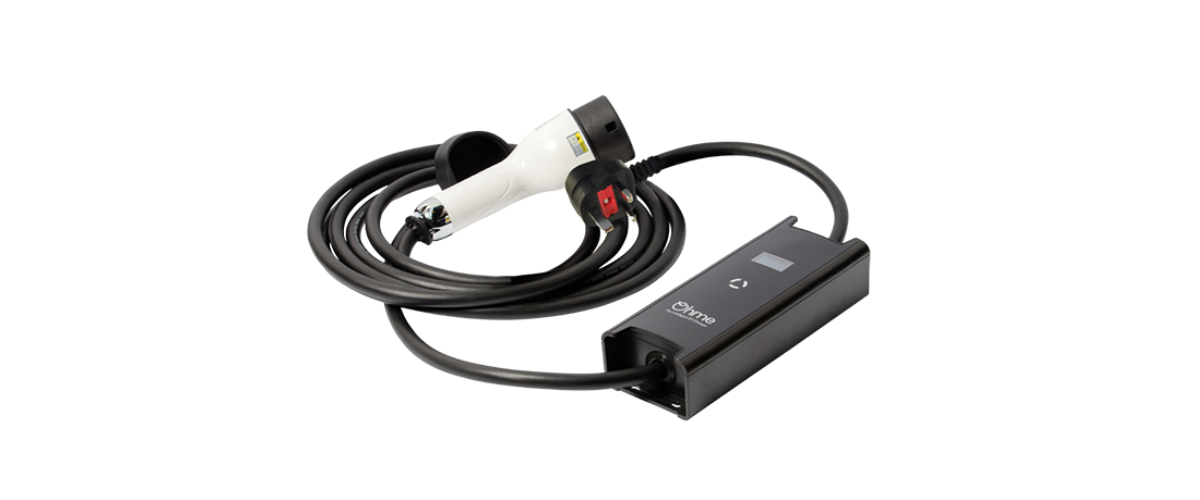
Is slow charging better for your EV battery?
Technically, yes, slow charging is better for your EV battery. That said, slow charging is exactly what it says on the tin – slow – meaning it is not a sustainable way to charge your electric car unless you are prepared to charge for over 18 hours (or sometimes a full day). Instead, opt for a fast EV charger as it does not increase premature battery degradation like consistently using rapid and ultra-rapid EV chargers.
Fast EV charging
7kW, 11kW and 22kW EV chargers are all considered fast chargers, though 7kW EV chargers are the most common type of home charger in the UK. Fast electric car chargers usually come in the form of dedicated home chargers or public charging points in places like supermarkets or car parks.
Investing in a fast charger, specifically in the form of a dedicated home charger, brings you an array of benefits. Some of these include convenience, in addition to safer and cheaper charging.
One of the biggest advantages to fast public EV chargers is that a large handful are free to use, especially in supermarkets and retail parks. However, the number is shrinking with time. There could also be restrictions on how long charging is free, and you might not be able to fully charge your EV within the given timeframe.
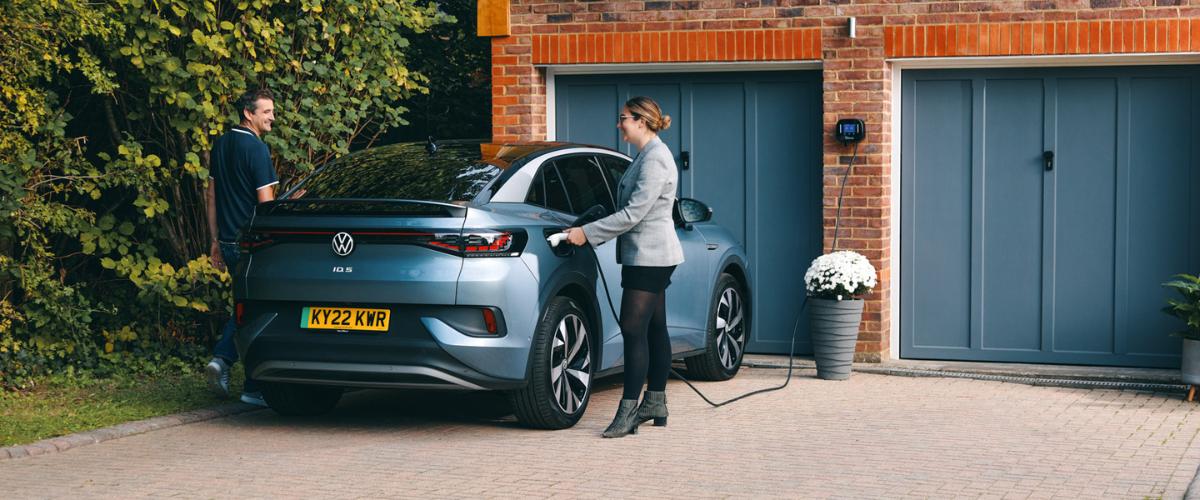
Rapid and ultra-rapid EV charging
According to Zap Map, there are currently 15,109 rapid and ultra-rapid electric vehicle chargers in the UK. These speedy charging units are usually found near motorway services and are the fastest way to charge your EV.
A rapid charger usually powers at around 43-50kW and can charge our example EV, the Renault Zoe, from 0-80% in 45 minutes. After it reaches 80%, the charge will start to slow down, though this is to protect the battery from damage. More often than not, in order to fully charge your EV with a rapid charger, it will probably take around or over an hour (depending on your make and model).
An ultra-rapid EV charger uses significantly more power, typically between 50kW and a whopping 350kW. Your electric vehicle charging time will, therefore, drastically change depending on the make, model and amount of power the rapid charger has to offer. However, typically, in 20 minutes, most electric cars can reach 80% charge.
Ultra-rapid EV charging’s biggest advantage is obviously that it’s quick. With it being the fastest way to charge your EV out there, it can save you bags of time when your EV needs some juice. That also means it’s convenient, especially on long journeys, as you don’t have to wait around for too long, compared to slow and fast chargers.
Rapid and ultra-rapid EV charge points use DC to charge your vehicle, and whilst you might think the fastest option will be better, that is not the case with EV charging. In actual fact, rapid/ultra-rapid charging could potentially harm your EV battery when used frequently. It’s advised that you don’t make rapid chargers your go-to charger.
Unfortunately, it’s not possible to get a rapid charger or ultra rapid electric car charger installed at home.
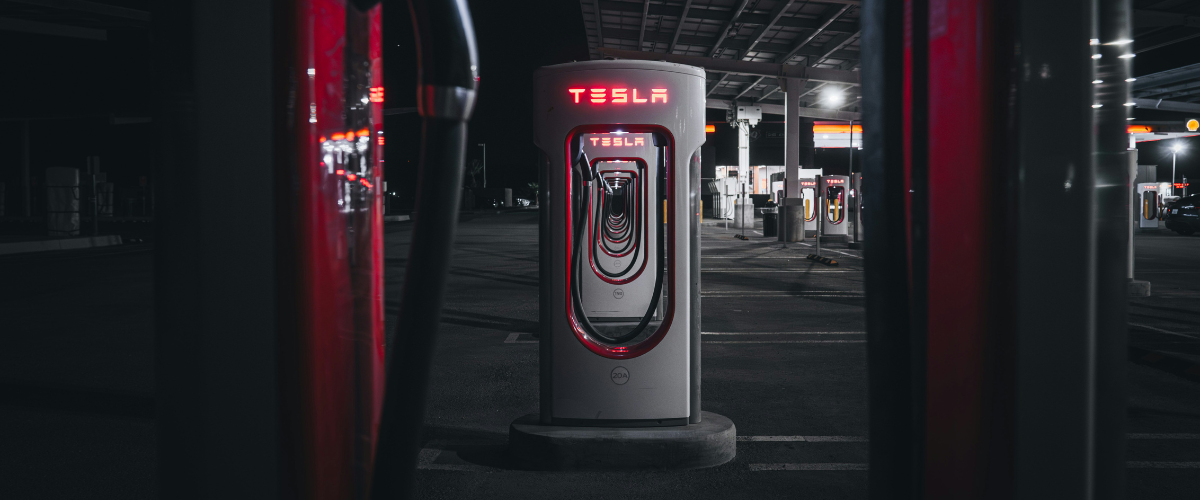
If you prefer to watch than read, check out our video on this topic.
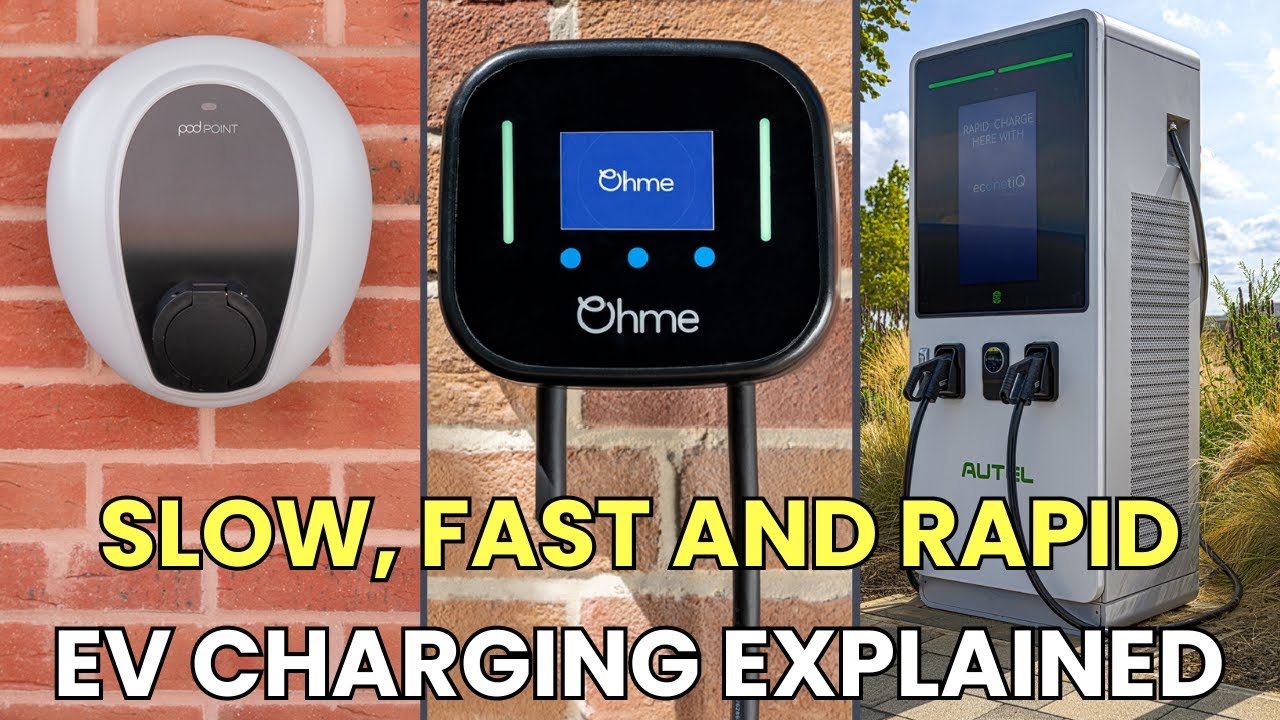
Want faster, cheaper, and more convenient charging?
Invest in a fast home EV charger.
As the experts in EV charging, we supply and install electric vehicle chargers nationwide – all with first-class customer service.
If you are looking to get an EV charger installed at your home, click below to get your free quote, or contact us for more information or any queries you may have.
For more information and our latest updates, follow us on Facebook, Instagram, Twitter, LinkedIn and YouTube.
related articles_
Stay up to date on the latest from We power your car_
I consent to receive newsletters from We Power Your Car. Please see our Privacy Policy
